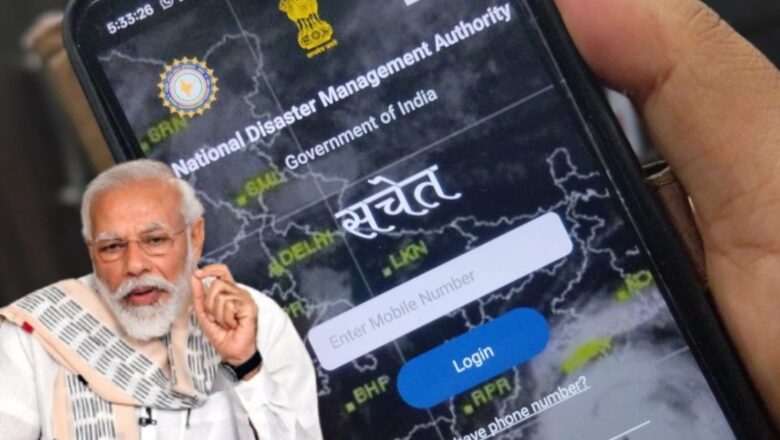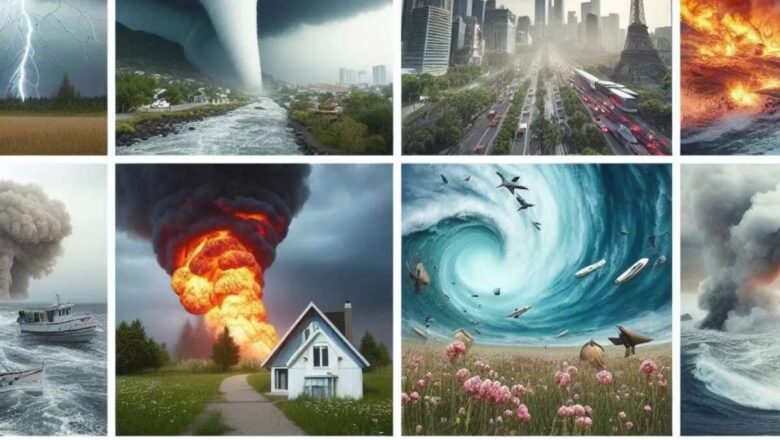
Korea Deadliest Wildfires: Climate Change, Old Forests, and a Deadly March Inferno
In March 2025, southeastern South Korea faced its most destructive wildfire disaster in recorded history. More than 48,000 hectares were consumed by flames, 32 lives were lost, and nearly 37,000 people displaced driven by record-breaking weather conditions linked to human-induced climate change.
Over a dozen wildfires erupted on March 22nd and 23rd, 2025, and rapidly spread due to scorching temperatures, dry conditions, and fierce winds. By the time the flames were contained, the fires had incinerated more than 48,000 hectares over 20,000 more than South Korea’s second-largest wildfire event in April 2022.
Uiseong County suffered the worst, recording 26 of the 32 deaths, with Sancheong reporting four more. In total, 45 people were injured and over 5,000 buildings including homes, far...









